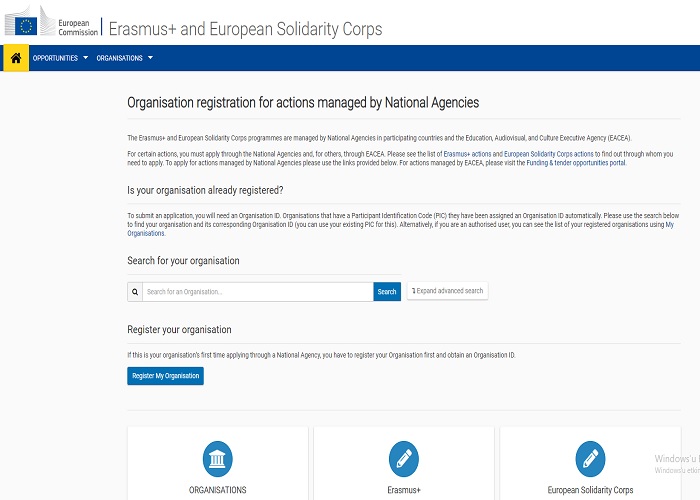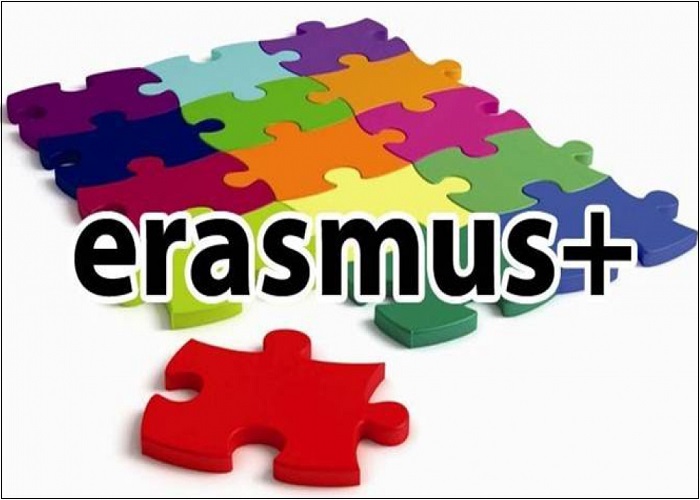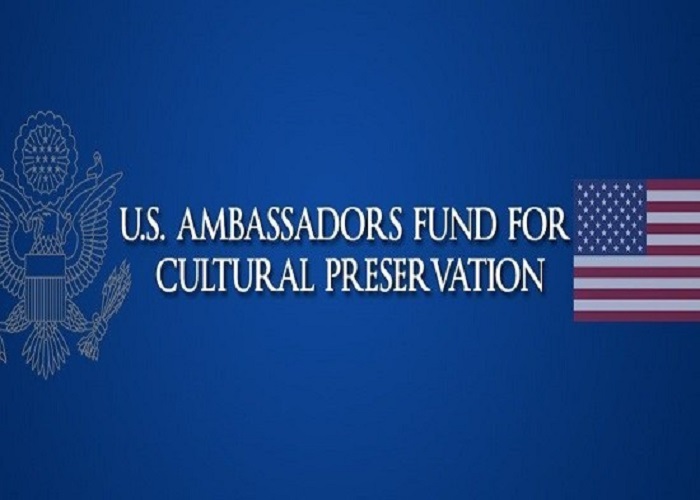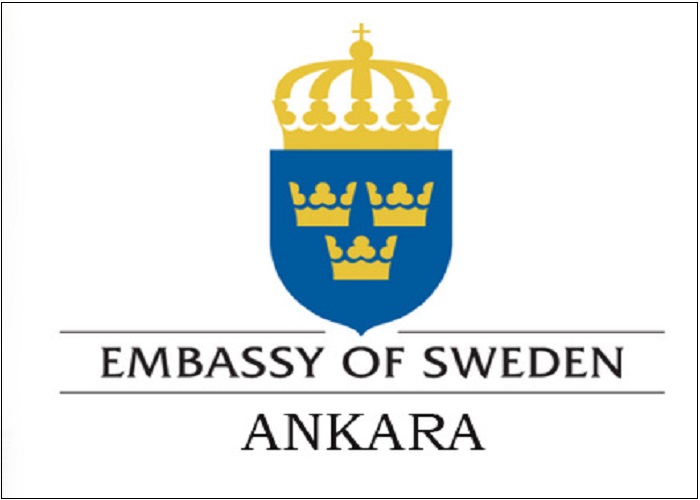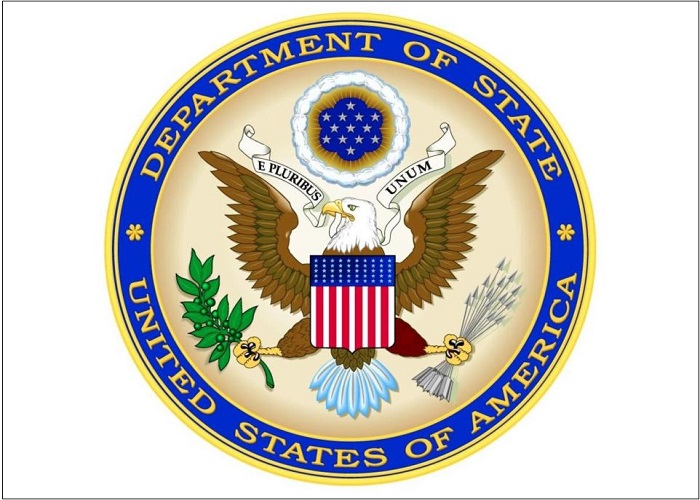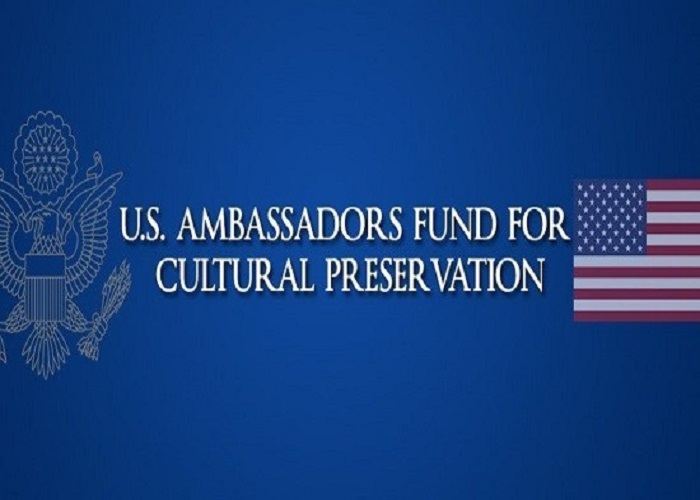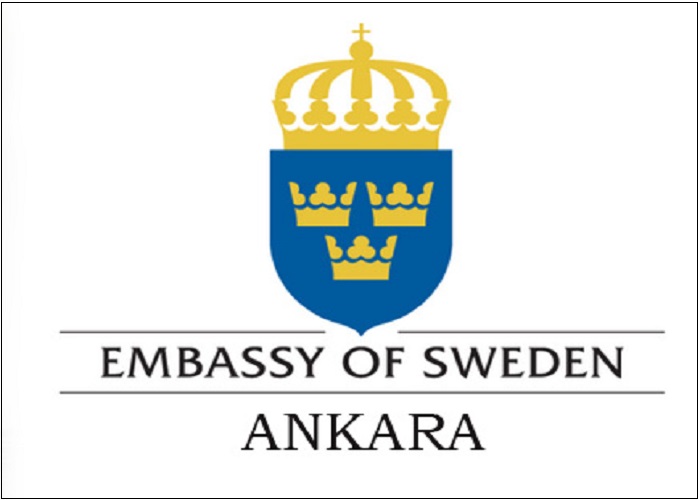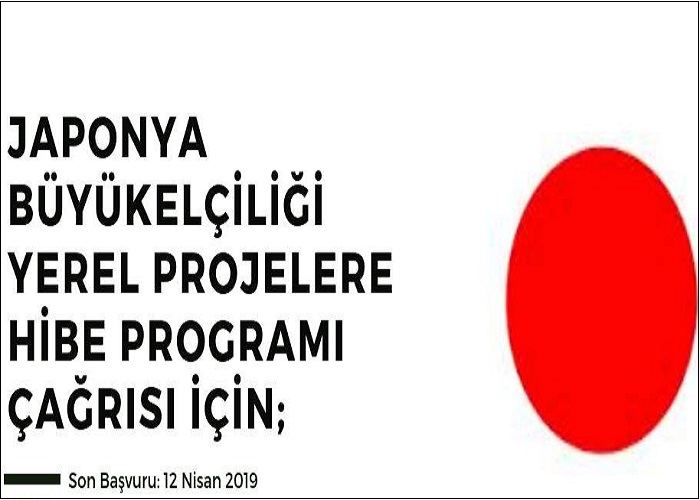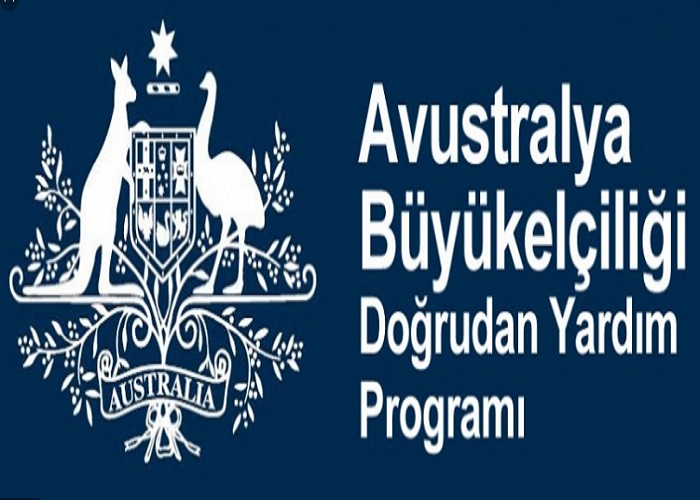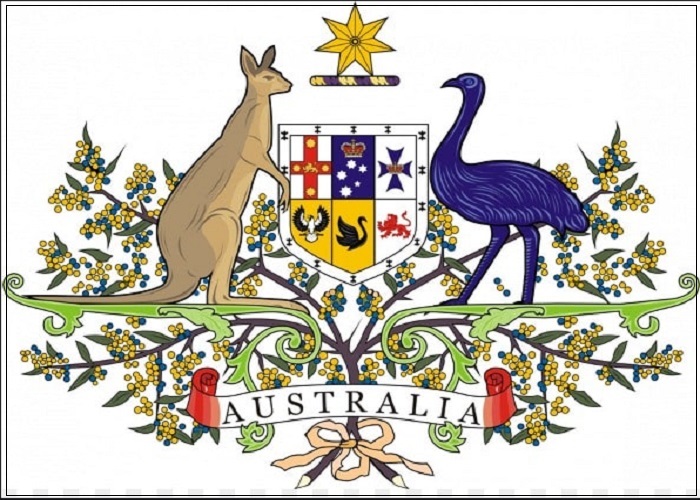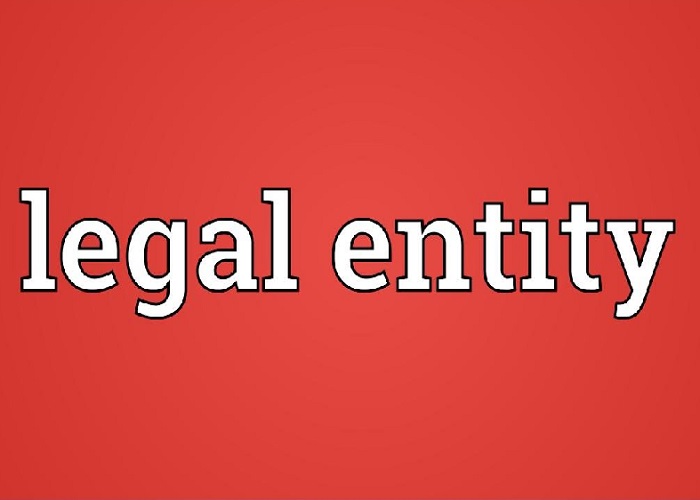
Ambassadors Fund for Cultural Preservation (AFCP)
Call for Proposals has ENDED on Friday, December 7, 2018, 5:30pm Turkey time.
Large Grants Competition 1st Round Announcement
The U.S. Embassy Turkey and the Cultural Heritage Center of the Bureau of Education and Cultural Affairs of the Department of State are pleased to announce the 2019 call for proposals for the Ambassadors Fund for Cultural Preservation (AFCP) Competition.
AFCP was established to support countries in preserving their cultural heritage and to demonstrate U.S. respect for other cultures. The AFCP competition for Turkey aims to support preservation of cultural sites or objects and museum collections of historical or cultural significance to the cultural heritage of Turkey.
The deadline for submitting proposal is Friday, December 7, 2018, 5:30pm Turkey time.
The Ambassador’s Fund for Cultural Preservation Large Grants Program supports large scale, partnership-based projects to preserve significant cultural heritage sites in Turkey.
ROUND 1
The deadline for submitting detailed project abstracts for Round 1 is Friday, December 7, 2018, 5:30pm Turkey time.
This opportunity consists of two application rounds. Round 1 is for collecting detailed project abstracts and Round 2 is for selected applicants to submit their full proposals.
Budget:
Floor on Amount of Individual Awards: US $200,000 per project.
Ceiling on Amount of Individual Awards: $800,000 per project.
Submission:
The deadline for submitting detailed project abstracts and supporting images is Friday, December 7, 2018, 5:30pm Turkey time. Please see the Round 1 Project Abstract Requirement section below for details.
There is no application form for this competition. Abstracts must be submitted in English in word format and visuals are required to be in jpeg. Please send the applications to the below address:
AFCPTurkey@state.gov (Subject: AFCP Large Grants Competition 2019)
Please do not send RAR format zip documents. Send separate emails if the application doesn`t fit in one email. Proposals sent to any other address will be deemed ineligible.
Please note that only the winning applicants will be contacted. Due to the volume of applicants and inquiries, we don`t accept letters of intent, concept papers, or requests for meetings or phone calls prior to application.
Funding Areas:
The AFCP Large Grants Program supports the preservation of major ancient archaeological sites, historic buildings and monuments, and major museum collections that are accessible to the public and protected by law in the host country. Appropriate project activities may include:
- Preventive conservation (addressing conditions that damage or threaten the site)
- Stabilization (reducing the physical disturbance [settling, collapse, etc.] of a site)
- Conservation (addressing damage or deterioration to a collection or sites)
- Consolidation (connecting or reconnecting elements of a site)
- Anastylosis (reassembling a site from its original parts)
- Restoration (replacing missing elements to recreate the original appearance of a site, usually appropriate only with fine arts, decorative arts, and historic buildings)
Eligibility:
Only reputable and accountable noncommercial entities, such as non-governmental organizations, museums, ministries of culture, or similar institutions and organizations, including U.S.-based organizations subject to Section 501(c)(3) of the tax code, that are able to demonstrate that they have the requisite experience and capacity to manage projects to preserve cultural heritage can apply. The applicants are also required to have previous large-scale international project experience.
AFCP does not award grants to individuals, commercial entities, or to embassies or past award recipients who have not fulfilled the objectives or reporting requirements of previous AFCP awards.
Special priorities of 2019 competition:
- S. treaty or bilateral agreement obligations, such as cultural property agreements
- Disaster risk reduction for cultural heritage in disaster-prone areas
- Post-disaster cultural heritage recovery
- Preservation of inscribed World Heritage sites
ROUND 1 PROJECT ABSTRACT REQUIREMENTS:
Project abstracts must include or address the following (Note: The list includes items required by 2 CFR 200 and State Department federal assistance regulations):
- Full and complete Application for Federal Assistance (SF-424), including Budget Information for Non-Construction Programs (SF-424A), Assurances for Non-Construction Programs (SF-424B), and, if applicable, Disclosure of Lobbying Activities (SF-LLL)
- Project basics, including title, project dates, location, and site
- Project applicant information, including contact information, DUNS Number, and SAM registration status
- Special designations (national monument, World Heritage Site, etc.)
- Law(s) protecting the site or collection (citations only)
- Project purpose that summarizes the project objectives and desired results
- Statement of importance highlighting the historic, architectural, artistic, or cultural (non-religious) values of the site or collection
- At a minimum and required, five (5) high quality digital images (JPEGs) or audiovisual files that convey the nature and condition of the site or collection and show the urgency or need for the proposed project (collapsing walls, water damage, etc.)
INELIGIBLE ACTIVITIES AND UNALLOWABLE COSTS:
AFCP does not support the following activities or costs:
- Preservation or purchase of privately or commercially owned cultural objects, collections, or real property, including those whose transfer from private or commercial to public ownership is envisioned, planned, or in process but not complete at the time of application
- Preservation of natural heritage (physical, biological, and geological formations, paleontological collections, habitats of threatened species of animals and plants, fossils, etc.)
- Preservation of hominid or human remains
- Preservation of news media (newspapers, newsreels, radio and TV programs, etc.)
- Preservation of published materials available elsewhere (books, periodicals, etc.)
- Development of curricula or educational materials for classroom use
- Archaeological excavations or exploratory surveys for research purposes
- Historical research, except in cases where the research is justifiable and integral to the success of the proposed project
- Acquisition or creation of new exhibits, objects, or collections for new or existing museums
- Construction of new buildings, building additions, or permanent coverings (over archaeological sites, for example)
- Commissions of new works of art or architecture for commemorative or economic development purposes
- Creation of new or the modern adaptation of existing traditional dances, songs, chants, musical compositions, plays, or other performances
- Creation of replicas or conjectural reconstructions of cultural objects or sites that no longer exist
- Relocation of cultural sites from one physical location to another
- Removal of cultural objects or elements of cultural sites from the country for any reason
- Digitization of cultural objects or collections, unless part of a larger, clearly defined conservation or documentation effort
- Conservation plans or other studies, unless they are one component of a larger project to implement the results of those studies
- Cash reserves, endowments, or revolving funds (funds must be expended within the award period [up to five years] and may not be used to create an endowment or revolving fund)
- Costs of fund-raising campaigns
- Contingency, unforeseen, or miscellaneous costs or fees
- Costs of work performed prior to announcement of the award unless allowable per 2 CFR 200.458 and approved by the Grants Officer
- International travel, except in cases where travel is justifiable and integral to the success of the proposed project
- Travel or study outside the host country for professional development
- Individual projects costing less than $200,000
- Independent U.S. projects overseas

